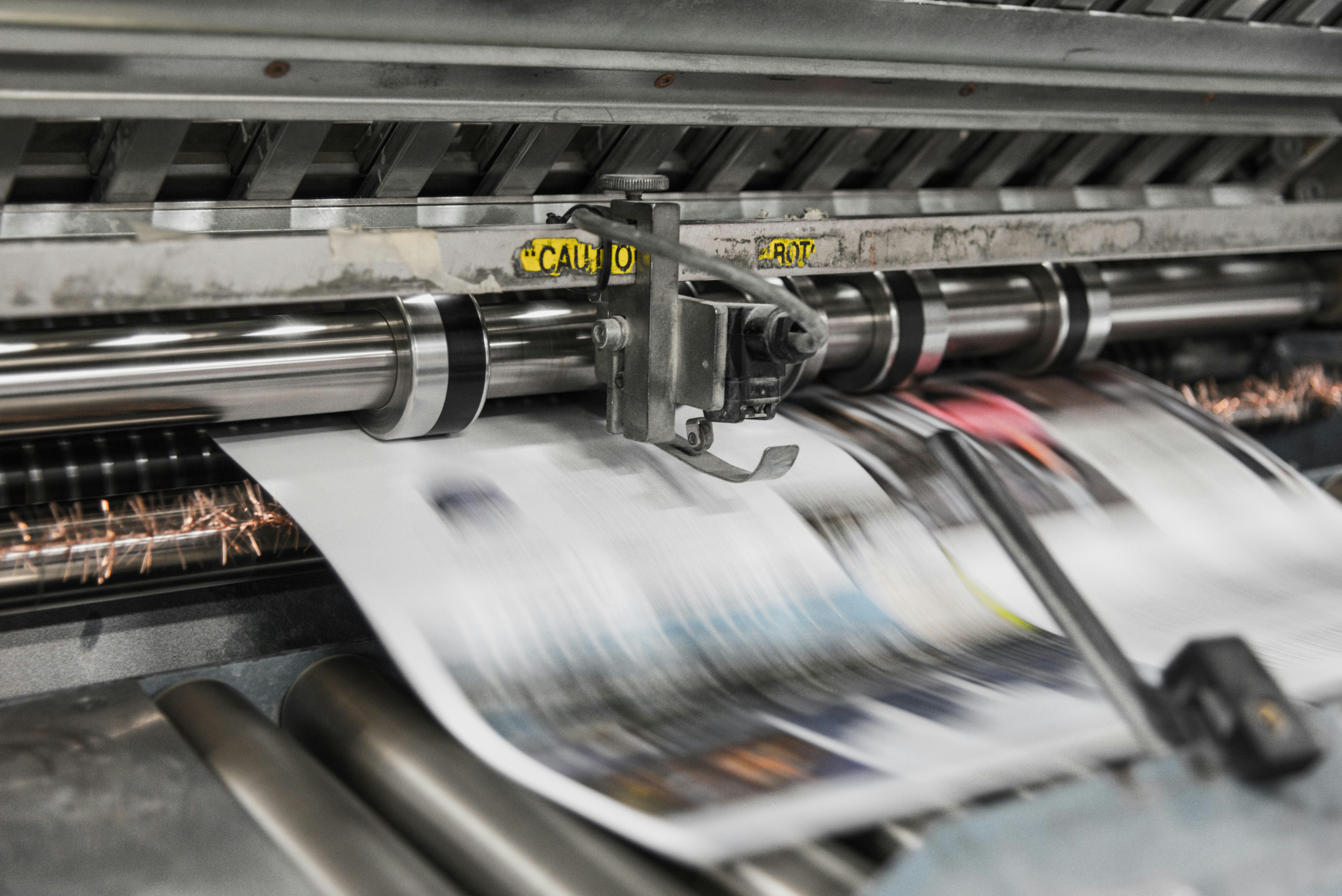Should You Work with Small Publishers? Pros & Cons Explained
Considering a small publisher for your book? Discover the benefits and risks of working with indie presses, including creative control, royalties, distribution, and whether they’re right for debut authors.
OpenLeaf Team
Platform Team

Small publishers—also known as small presses, independent presses, or indie publishers—can be an excellent choice for authors who value creative control, a personal working relationship, and a faster path to publication. They are particularly good for new authors and niche projects, offering more flexibility than large publishing houses.
That said, they often provide smaller advances, have limited distribution networks, and expect authors to take on much of the marketing work themselves. This means that, in practice, whether they are the right fit depends on your priorities, resources, and long-term publishing goals.
Why Small Publishers Can Be a Great Fit
One of the most appealing aspects of working with a small publisher is the personal experience it offers. With smaller teams, you are more likely to have direct contact with editors, designers, and decision-makers, allowing for greater creative input. This closer relationship can lead to collaborative discussions about cover design, editorial choices, and even marketing strategy.
Without the layers of bureaucracy common in larger publishers, your book can also move from manuscript acceptance to release much faster—sometimes within a year, compared to the two years or more that’s typical for large publishing houses.
Small publishers are often more open to taking risks, which can make them an ideal stepping-stone for emerging writers. They are willing to champion debut novels, experimental formats, or niche genres that mainstream publishers might reject for being commercially risky. Many authors have used a successful small press release to build a readership, attract literary agents, and eventually negotiate deals with larger publishing companies.
Another significant advantage is accessibility. Many small publishing companies accept direct submissions, meaning you do not need a literary agent to have your manuscript considered. This is a major plus for first-time authors who are still learning how to write their first book and get it ready for submission.
Although small presses generally offer smaller or no advances, they often compensate with higher royalty rates—sometimes splitting profits 50/50—giving authors the potential to earn more per sale over time.
Risks and Challenges of Working with a Small Publisher
The smaller scale of these publishers does come with limitations. Financially, small presses have tighter budgets, which means authors can expect more modest advances and limited marketing support. While they may promote your book through their existing channels, you will almost certainly need to take on a significant role in marketing, whether that’s building a social media presence, securing media coverage, or arranging your own book events.
Distribution can also be a challenge. Large publishers benefit from well-established networks that get books into major chains, supermarkets, and library systems nationwide. Small publishers often rely on smaller distributors, which can make it harder to secure physical shelf space and can limit your book’s reach to a more regional or niche audience.
There is also the question of stability and prestige. Some small publishers operate with only a handful of staff, or even a single owner. If the company closes unexpectedly, you could face delays or legal complications in regaining your publishing rights. And while many small presses are highly respected within the literary community, the name recognition of a major publishing house still carries weight, particularly in certain professional or media circles.
Deciding If a Small Publisher Is Right for You
Choosing between a small press and a larger publishing house means weighing your creative priorities against your commercial ambitions.
If you want a collaborative relationship, the ability to influence your book’s production, and a shorter wait before publication, then a small publishing house could be ideal. If your goal is maximum reach, substantial financial backing, and prestige, then pursuing a deal with a major publisher might be more appropriate—though some authors find success through other routes, such as publishing a web serial or using Kindle Direct.
Either way, research the publisher’s track record carefully, read their contracts in full, and make sure your expectations match their capabilities.
FAQs
Can small publishers launch a debut career successfully?
Yes—especially when working with small publishers for new authors, who actively seek fresh voices and often take creative risks that larger publishers avoid. While they may lack the marketing muscle of the Big Five, they can offer targeted promotion within specific genres or communities, which can be just as valuable for building a readership.
Do small publishers pay well?
Small publishers rarely offer large advances, but they often provide a higher share of royalties—sometimes splitting profits evenly. This can mean earning more per copy sold in the long term, although total earnings may be smaller if distribution and sales volume are limited.
How far can a small publisher’s reach go?
Small publishing companies typically have more limited distribution than large publishers, but many form strong connections with independent bookshops, niche online retailers, and literary festivals. For books with a well-defined audience, this targeted approach can sometimes outperform mass-market placement.

